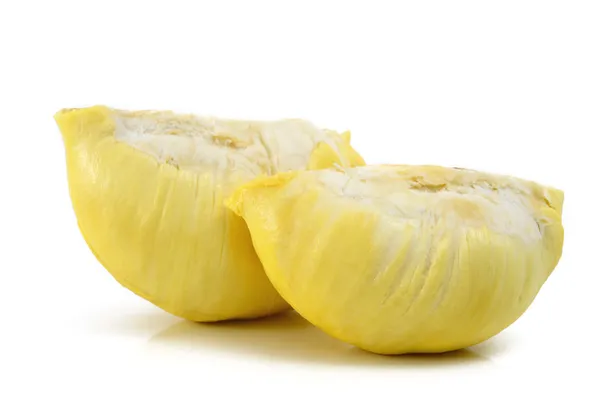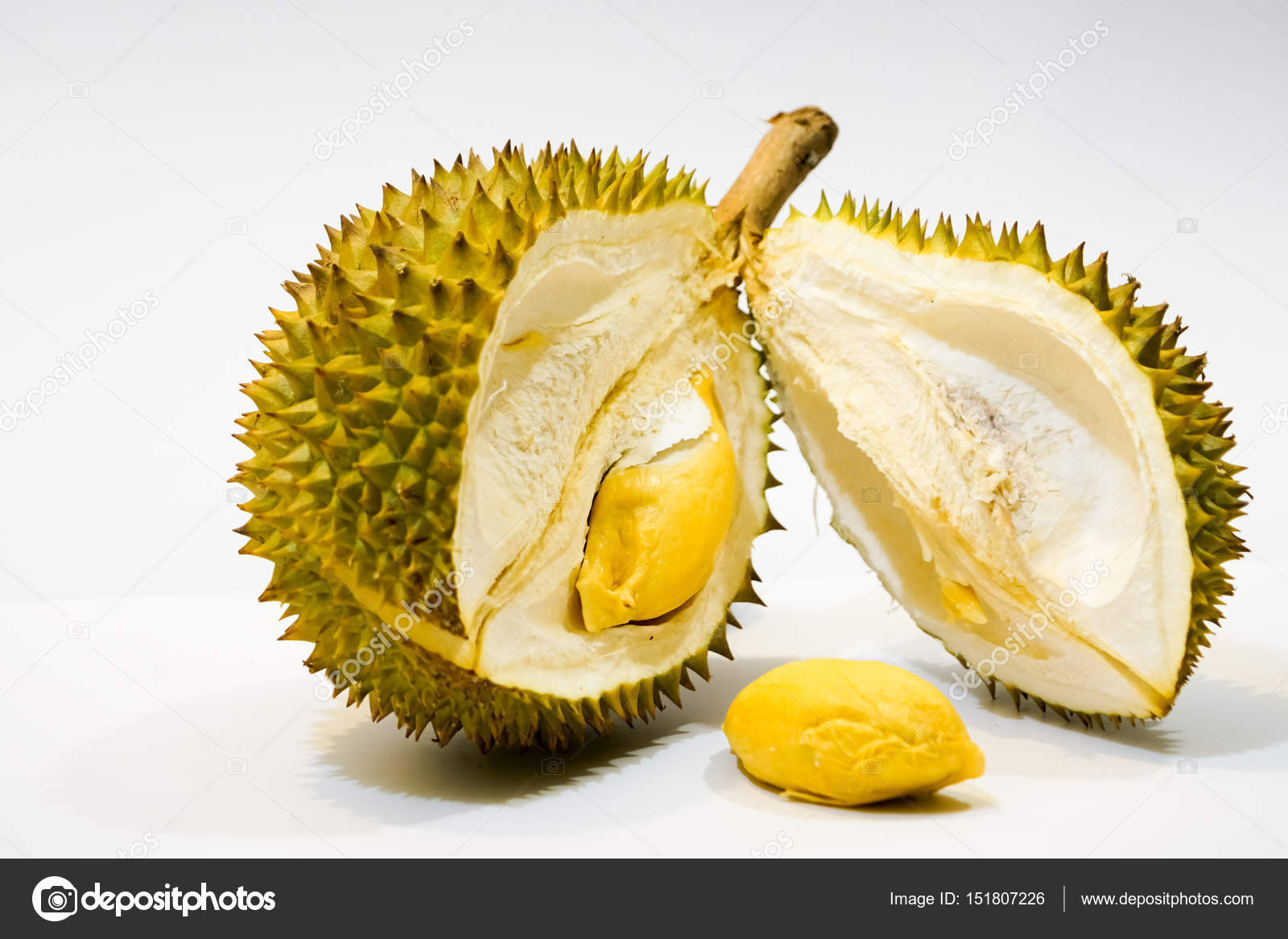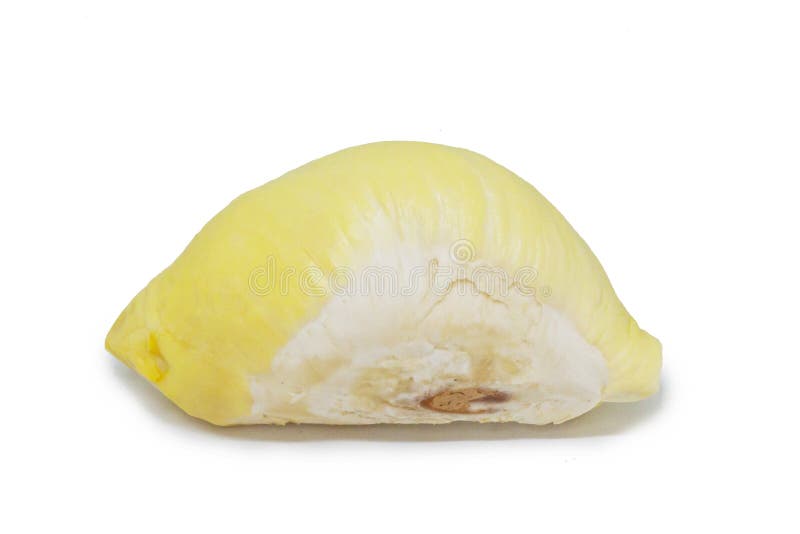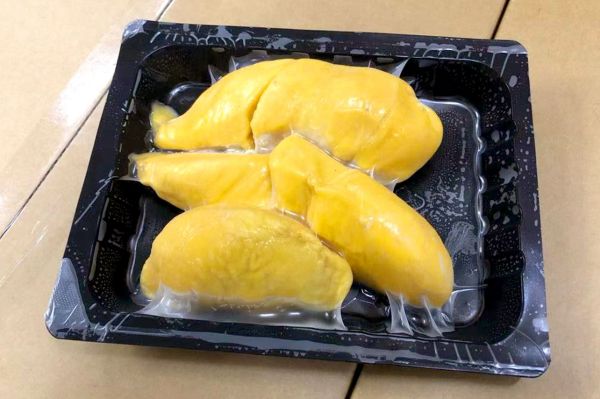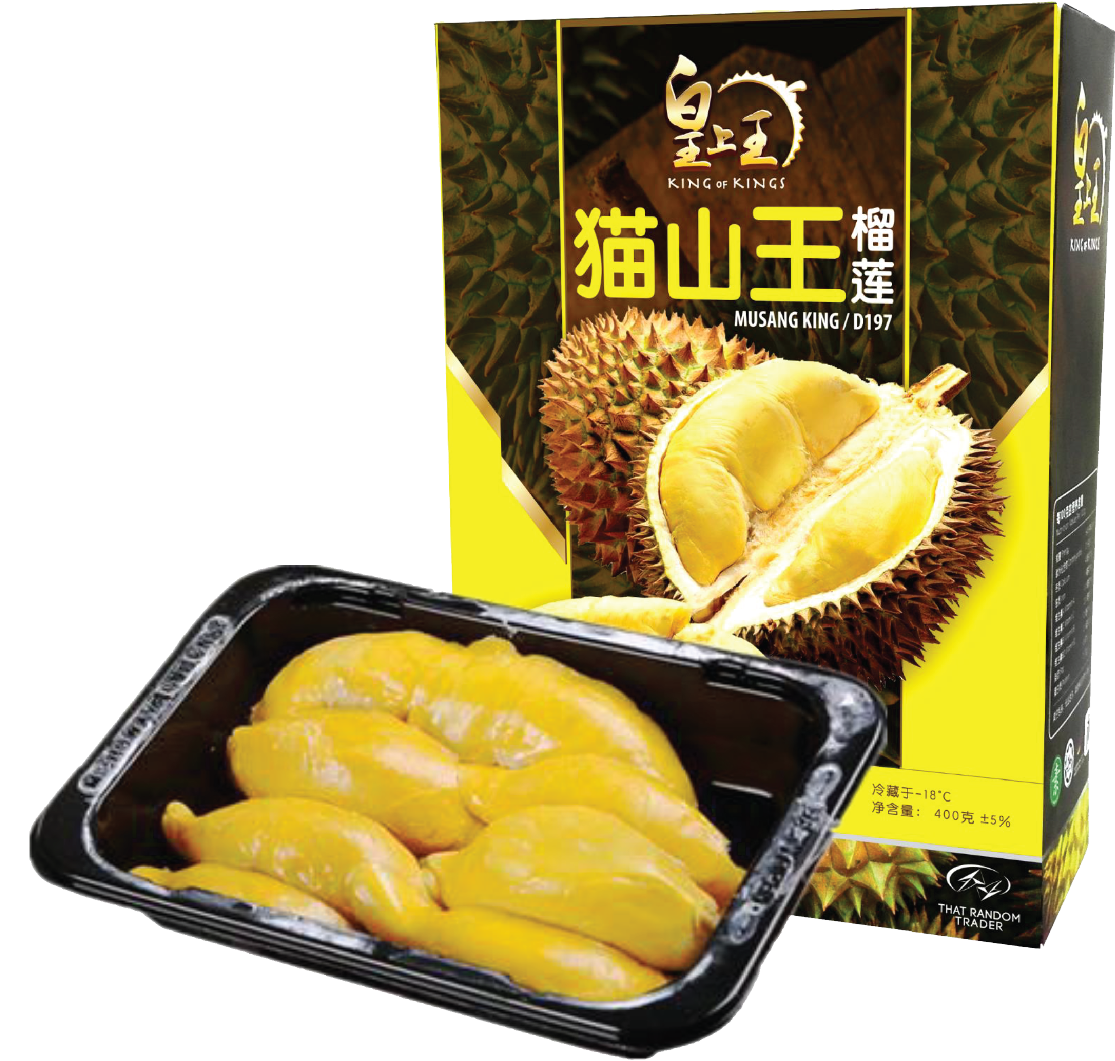Durian pulp - Durian
Durian
A naturally spineless variety of durian growing wild in , Philippines, was discovered in the 1960s; fruits borne from these seeds also lacked spines.
However, no human studies have been conducted.
Several medical investigations on the validity of this belief have been conducted with varying conclusions, though a study by the finds the fruit's high sulphur content inhibits the activity of , causing a 70 percent reduction of the ability to clear toxins from the body.
- Related articles
2022 qa1.fuse.tv





